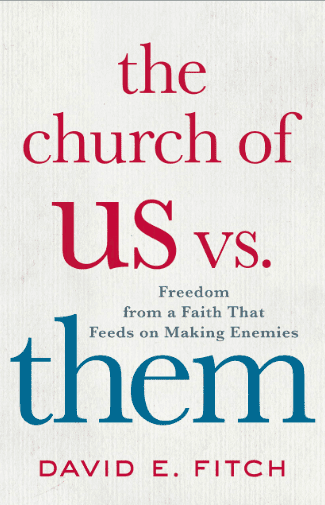 One way of framing evangelicalism’s spirituality looks like this: “It concerns the manner by which we [evangelicals] live in communion with Christ in response to the Spirit in pursuit of holiness resulting in sacrifice to others” (160). So Evan Howard in the multi-authored and counterpoint book, Christian Spirituality. Accordingly, what are its major “marks”? Here I think Evan Howard nails it… his categories, though briefly sketched, are insightful and not the usual and backed with a wide variety of good examples from the history of evangelicalism.
One way of framing evangelicalism’s spirituality looks like this: “It concerns the manner by which we [evangelicals] live in communion with Christ in response to the Spirit in pursuit of holiness resulting in sacrifice to others” (160). So Evan Howard in the multi-authored and counterpoint book, Christian Spirituality. Accordingly, what are its major “marks”? Here I think Evan Howard nails it… his categories, though briefly sketched, are insightful and not the usual and backed with a wide variety of good examples from the history of evangelicalism.
Question: For those of you who grew up in evangelicalism, what were its defining marks of spirituality?
1. Protestant: “The Protestants broke with the scholasticism of Catholic theology, the hierarchy of Catholic ecclesiology, the mechanics of late medieval spirituality, and the basic structure of late medieval Catholic ascetic and mystical consciousness.” This element of protest against Catholicism, sometimes in quite particular forms, pervades evangelical spirituality.
2. Orthodox: the orthodox set of categories in theology. [Nassif criticizes Howard for separating Nicea from the church that framed Nicea.]
3. Lived conversion: this is the heart of evangelicalism and its spirituality. Howard points to Menno, Johann Arndt, Edwards, Wesley, Wilberforce and Stott. Which leads to a fuller treatment, including an emphasis on the Holy Spirit.
4. Active: what the evangelical should be doing. Evangelicalism has had its share of contemplatives, but it’s emphasis is the active life, not the contemplative life. Cotton Mather, Francke … and then he moves to evangelism and the missionary movement.
5. Lay oriented: priesthood of all believers is a hallmark feature of evangelicalism. Thus it is populist spirituality.
6. Bounded ecumenicity: it is networked, and this reminds of Marsden and Stackhouse’s emphases on the coalition nature of evangelicalism (at its core). He thinks this is an intuitive, not doctrinal, element.
The Institutions and practices of evangelical spirituality:
1. For evangelicalism there are a variety of institutions at work — church, family, town — but also one needs to consider the “invisible” church theology.
2. Practices: here Howard sketches the major elements of practice in evangelical spirituality. Interesting, here, is that this list is not quite the list I would expect: where is the activism? This is more of the contemplative side of spirituality, and I would have expected some more on evangelism and justice and public agitation.
Reading, studying and meditation on Scripture. This is the fundamental practice of evangelicalism.
Preaching, hearing and reading sermons.
Family worship.
Song.
Intercessory prayer.










